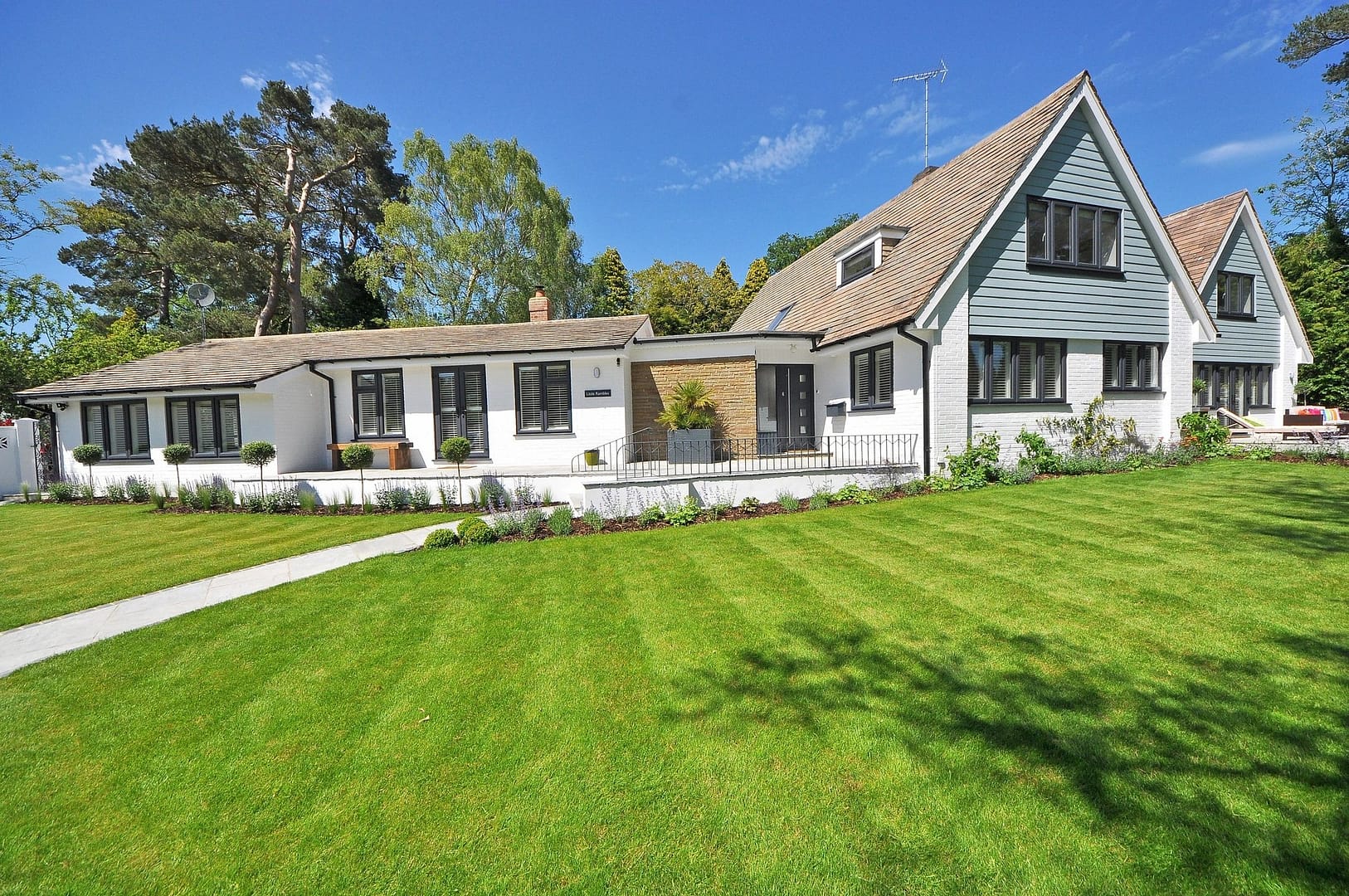Orlando, Florida is not just about theme parks and entertainment; it’s also a city brimming with hidden gems when it comes to desirable neighborhoods. As real estate professionals, we have the privilege of uncovering these unique pockets of the city that offer a perfect blend of comfort, convenience, and charm. In this blog post, we’ll take you on a journey to explore Orlando’s most sought-after neighborhoods that might just be your next dream home destination.
- Thornton Park: Where Elegance Meets Urban Living
Nestled just east of downtown Orlando, Thornton Park is a true gem that seamlessly combines urban living with a touch of elegance. Lined with tree-shaded streets, charming bungalows, and historic architecture, this neighborhood offers a vibrant community atmosphere. From cozy cafes to upscale dining, the culinary scene here is a treat for food enthusiasts. With Lake Eola nearby, residents can enjoy picturesque walks, paddle boating, and frequent community events. Thornton Park’s unique blend of old-world charm and modern amenities makes it a standout choice for those seeking a cosmopolitan lifestyle.
- Audubon Park: Eclectic Living at Its Finest
For those who appreciate a more eclectic and creative vibe, Audubon Park is the place to be. This neighborhood, often referred to as the “Garden District,” is known for its art studios, quirky boutiques, and locally owned eateries. The community’s commitment to sustainability and environmental friendliness is evident in its beautifully landscaped streets and community gardens. With regular farmers’ markets and festivals, Audubon Park fosters a tight-knit community that values individuality and artistic expression.
- Lake Nona: Innovation and Luxury Combine
Lake Nona stands out as one of Orlando’s fastest-growing communities, known for its focus on innovation and sustainability. This master-planned neighborhood boasts state-of-the-art medical facilities, cutting-edge research institutions, and a thriving wellness culture. Aside from its technological advancements, Lake Nona offers a variety of upscale homes and recreational spaces, including a championship golf course designed by Tom Fazio. If you’re looking for a neighborhood that embraces the future while maintaining a sense of luxury, Lake Nona should be on your radar.
- College Park: Quaint Neighborhood, Big Heart
Nestled just northwest of downtown Orlando, College Park exudes a small-town charm that feels worlds away from the hustle and bustle. With its oak-lined streets and well-preserved architecture, this neighborhood offers a retreat-like atmosphere. The local shops, cafes, and parks create a close-knit community that embraces both tradition and progress. Residents often find themselves taking leisurely strolls, cycling, or enjoying picnics in the scenic Dubsdread Golf Course. If a tranquil yet convenient lifestyle is what you’re after, College Park is a hidden gem worth exploring.
- Baldwin Park: Modern Living with a Sense of Community
Formerly a naval training center, Baldwin Park has transformed into a modern and meticulously planned community that places a strong emphasis on a sense of belonging. With its mix of stylish townhomes, single-family houses, and apartments, this neighborhood caters to a diverse range of residents. The town center, designed for walkability, offers a variety of shops, restaurants, and recreational spaces. The community events, including outdoor concerts and farmers’ markets, encourage neighbors to come together and forge lasting connections.
Conclusion

As Realtors in Orlando, we’re not just in the business of selling properties; we’re also guides to the hidden treasures that make Orlando such a remarkable place to call home. These neighborhoods are more than just geographical locations – they’re living, breathing communities that offer unique experiences and opportunities. Whether you’re drawn to the artistic energy of Audubon Park, the elegance of Thornton Park, the innovation of Lake Nona, the tranquility of College Park, or the sense of community in Baldwin Park, there’s a hidden gem waiting for you in Orlando’s desirable neighborhoods. Let us help you uncover the perfect match for your lifestyle and aspirations. Your dream home might just be nestled in one of these hidden gems, waiting to welcome you with open arms.









